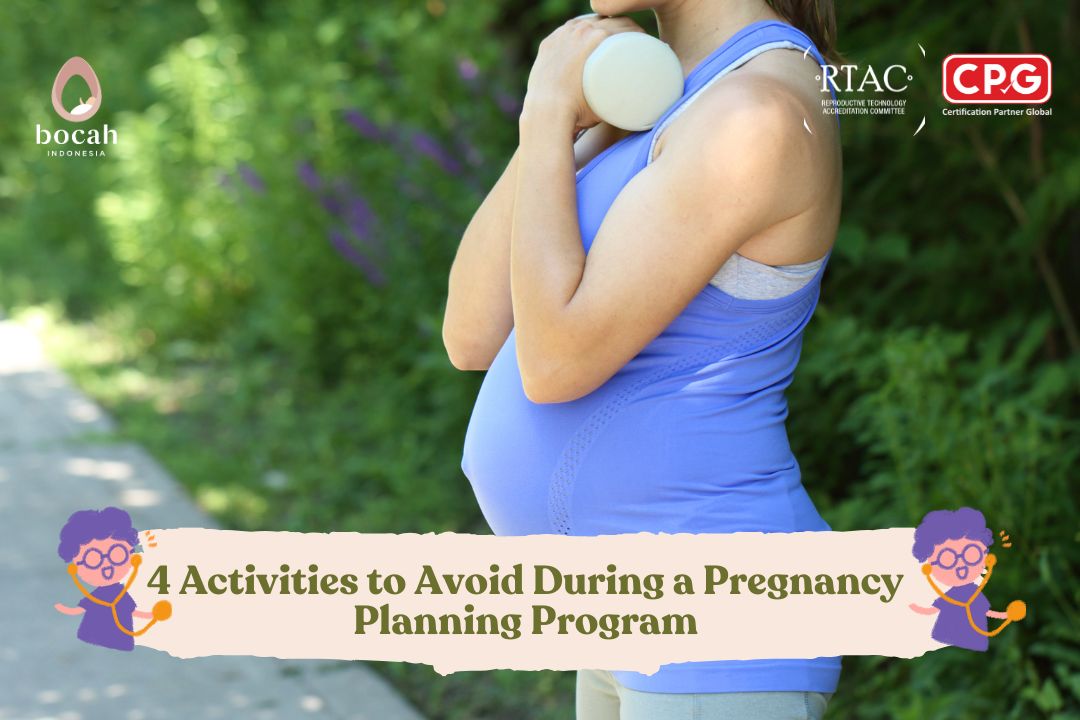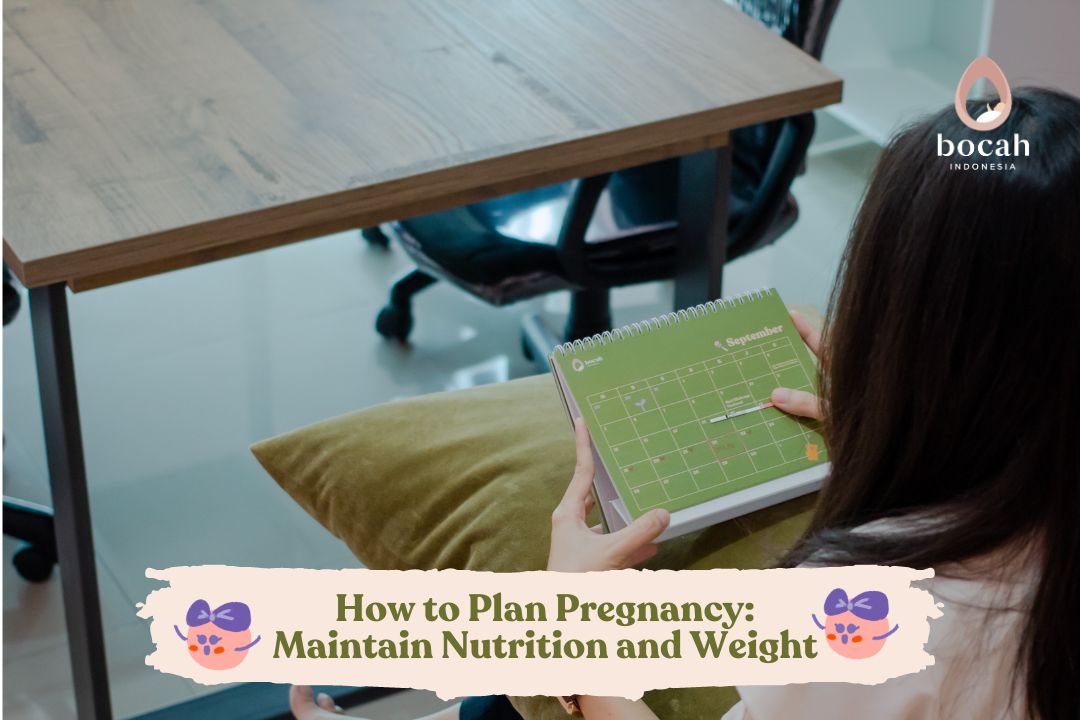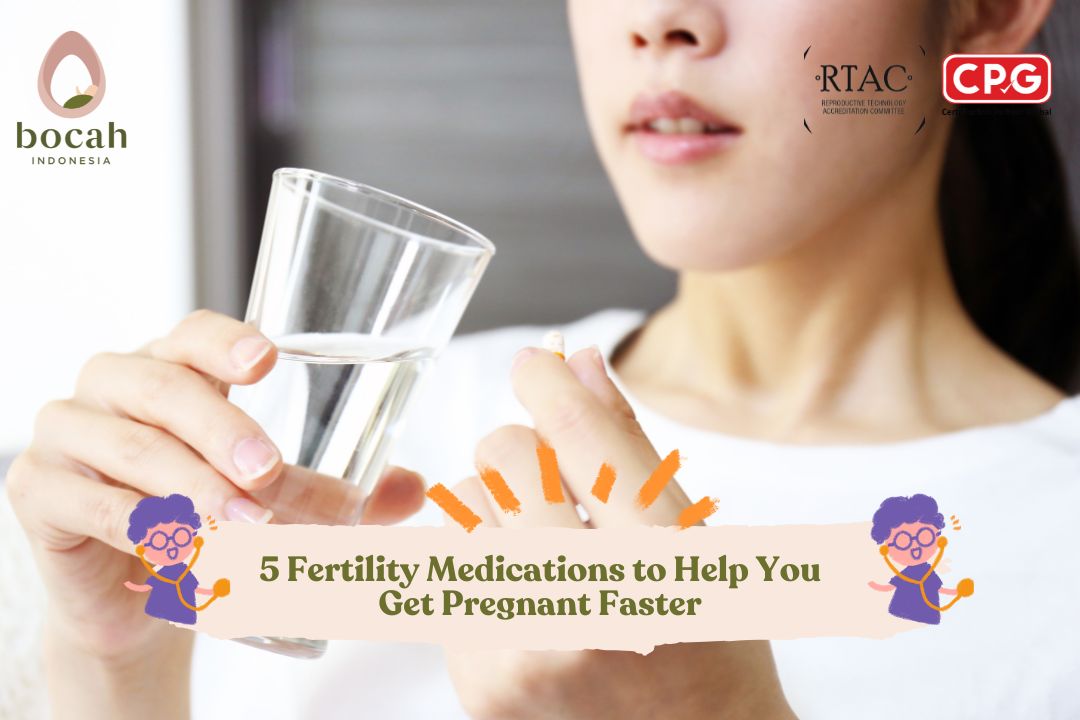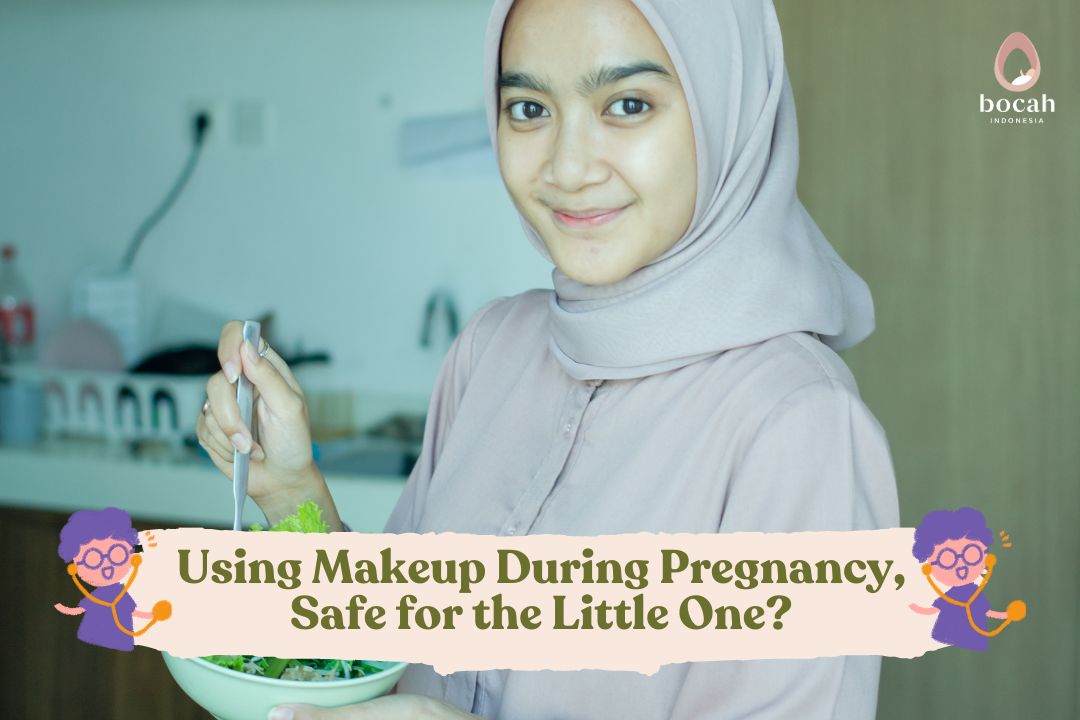7 Medications to Avoid During Pregnancy Planning
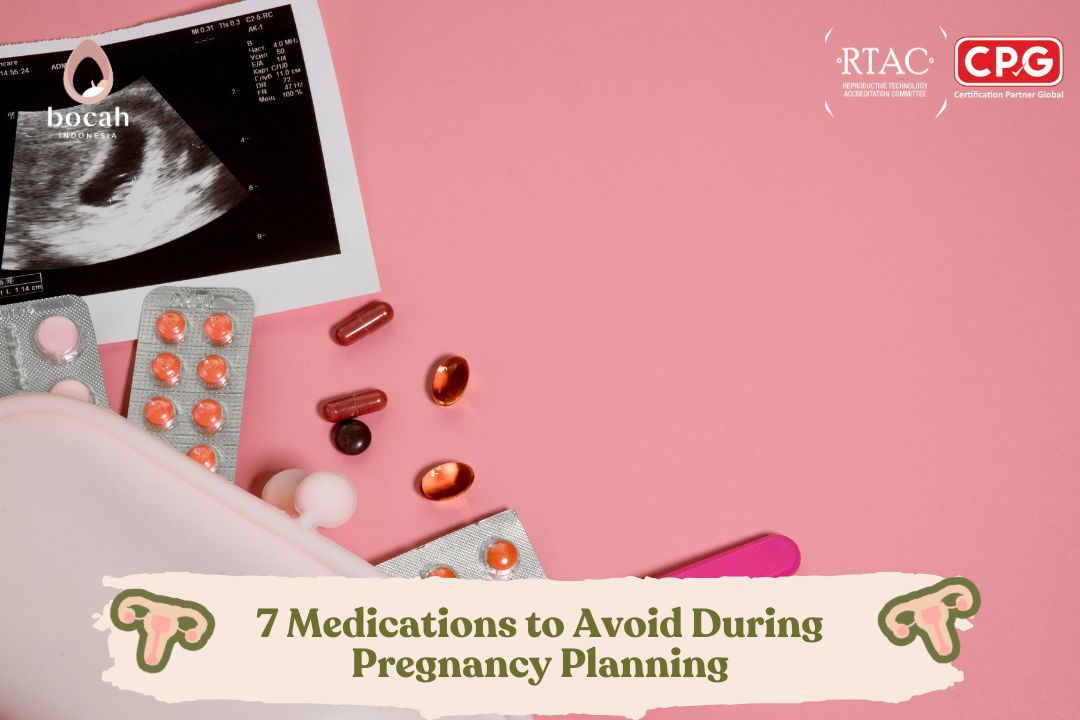
It’s important to pay attention to what you consume while undergoing a pregnancy program, including certain types of medications that should be avoided during the process.
When planning for pregnancy, couples need to consider the food and drinks they consume. Nutritional intake can significantly affect fertility in both men and women.
Additionally, maintaining good health before starting a pregnancy program is crucial to ensure that the body and reproductive organs are healthy and ready for pregnancy. This includes avoiding medications that may affect fertility or the health of the reproductive organs.
Types of Medications to Avoid During Pregnancy Planning
Some types of medications may impact fertility. If you must take these medications, it’s best to consult with your doctor and follow their recommendations. Your doctor may adjust the prescription or suggest alternative medications that don’t affect fertility.
Here are some medications that could potentially affect fertility:
Mulai Journey of Hope
1. Hypertension Medications (High Blood Pressure)
One of the medications to avoid is spironolactone, a drug used to treat hypertension. This medication can lower sperm production. Additionally, certain blood pressure medications can interfere with a sperm’s ability to fertilize an egg.
For women, hypertension medications can reduce the quality of eggs and embryos during pregnancy. Therefore, hypertension medications are heavily restricted for pregnant women.
2. Corticosteroids/Steroids
Corticosteroids or steroids should also be avoided during a pregnancy program. High doses of these medications can inhibit the pituitary gland’s ability to stimulate egg release from the ovaries.
For men, steroids may help produce androgen hormones if the testicles are impaired. However, misuse of steroids to enhance physical appearance or build muscle should be avoided.
3. Antidepressants
If you’re taking antidepressants, consult with your doctor before starting a pregnancy program. Antidepressants, including sedatives or anti-seizure medications, can increase prolactin levels and disrupt egg release from the ovaries.
In men, certain antidepressants may reduce fertility by lowering sperm quality and motility.
4. Hyperthyroidism Medications
It’s essential to take hyperthyroidism medications according to your doctor’s prescription. Overuse or underuse of these medications can affect prolactin levels, disrupting menstrual cycles and making it harder to conceive.
5. Anti-Inflammatory Medications
Certain anti-inflammatory drugs, such as sulfasalazine, can lower sperm counts when taken in specific doses. Prolonged use of ibuprofen can also increase the risk of fertility issues.
Women planning for pregnancy should limit their use of nonsteroidal anti-inflammatory drugs, as they can lower progesterone levels, which are vital for reproductive function.
6. Antipsychotic Medications
Be cautious with antipsychotic medications such as risperidone and amisulpride. These drugs can affect the pituitary gland’s ability to produce prolactin, disrupting menstrual cycles and ovulation in women.
If you need to take antipsychotic medications while planning for pregnancy, consult your doctor.
7. Traditional or Herbal Medicines
Many believe that traditional or herbal medicines are safer than chemical drugs. However, many herbal products have not been clinically tested for safety regarding health and fertility.
Don’t hesitate to ask your doctor about the safety of herbal medications if you are planning for pregnancy.
These are some types of medications to avoid during a pregnancy program. Before taking any medications, ensure you consult your doctor to avoid any risks.
Source:
- Unuane, D., et al. (2020). Impact of thyroid disease on fertility and assisted conception. Best Practice & Research Clinical Endocrinology & Metabolism, Volume 34, Issue 4.
- British Thyroid Foundation. Pregnancy and fertility in thyroid disorders.


